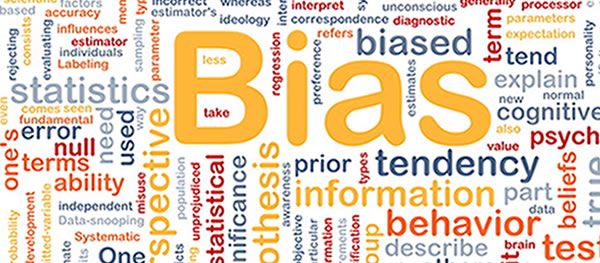As traders, we face the challenge of dealing with our natural tendencies that can affect our decisions in the market.
Robert Greene’s book, “The Laws of Human Nature,” sheds light on these biases. When reading this one for KBWS Library consideration, it was really interesting to draw correlations as to how basic human biases impact our trading.
Let’s break down these biases in simpler terms:
1. Confirmation Bias: We tend to look for information that supports what we already believe, ignoring anything that doesn’t fit our views. This can lead us to miss important facts and take on more risk than we should.
2. Availability Heuristic: We often rely too much on recent information and trends when making decisions, ignoring the bigger picture or historical data.
3. Loss Aversion: We hate losing more than we enjoy winning. This can make us hold onto losing trades for too long or sell winning trades too early.
4. Overconfidence Bias: Sometimes, we think we’re better traders than we really are. This can lead us to take on too much risk or ignore warning signs.
5. Anchoring Bias: We tend to latch onto certain reference points, like past prices or highs, and base our decisions on them. This can make us overly optimistic or pessimistic about the market’s direction.
6. Herd Mentality: We often follow what everyone else is doing instead of thinking for ourselves. This can lead to big market swings based more on emotions than facts.
7. Endowment Effect: We place more value on things we already own, which can make us reluctant to sell losing trades or expect too much for our winners.
8. Recency Bias: We give too much weight to recent events and forget about longer-term trends. This can cause us to make decisions based on short-term movements rather than the overall market direction.
Dealing with Bias:
To handle these biases as traders, we need to:
- Diversify: Spread our investments across different types of assets to reduce the impact of bias on our overall portfolio.
- Be Mindful: Pay attention to our own biases and take a step back to evaluate our decisions more objectively.
- Stay Disciplined: Stick to our trading rules and risk management strategies to avoid making impulsive decisions.
- Keep Learning: Stay informed about behavioral economics and market psychology to better understand how biases can affect our trading.
By recognizing and addressing these biases, we can become more aware and make better decisions in the market, ultimately improving our chances of success.





